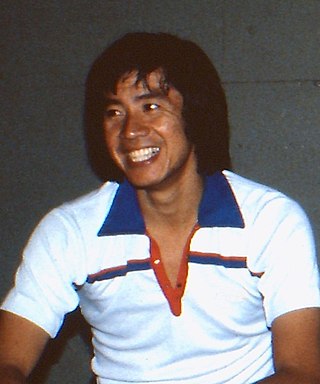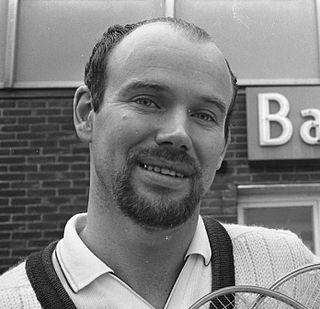Qualification
| Means of qualification | Date | Venue | Slot | Qualified teams |
|---|---|---|---|---|
| 1970 Thomas Cup | 28 May – 6 June 1970 | Kuala Lumpur | 1 | |
| Asian Zone | 21 October 1972 – 23 February 1973 | Bangkok Lahore Singapore Tokyo | 1 | |
| American Zone | 8 December 1972 – 20 April 1973 | Mexico City Montreal Ottawa | 1 | |
| European Zone | 18 October 1972 – 4 March 1973 | Aberdeen Barsinghausen Helsinki Melksham Mülheim Stockholm | 1 | |
| Australasian Zone | 12 September – 7 October 1973 | Auckland Tauranga | 1 | |
| Total | 5 | |||
23 teams from 4 regions took part in the competition. As defending champion, Indonesia skipped the qualifications and the first round of inter-zone competition, and played directly in the second round (effectively, the semifinals of the tournament). Early ties (team matches) in the 1972–1973 Thomas Cup series were marked by an unusual number of close contests; the winners of several of these were not determined until the final match. One such instance occurred in the Australasian zone final between India and New Zealand. Here Asif Parpia and seventeen-year-old prodigy Prakash Padukone edged their doubles opponents 15–12 in the third game [1] to put India into the inter-zone playoffs for the first time since 1955. In the Pan American zone a young Mexican team parlayed wins by their top two singles players, Roy Diaz Gonzalez and Victor Jaramillo Luque, with an upset win in doubles to defeat the USA 5–4. It thus overcame an estimable effort from 41-year-old Jim Poole who won all three of his matches, including his final Thomas Cup appearance in singles. [2] In the zone final, however, Mexico was beaten 6–3 by a well seasoned Canadian team which included ex-Thai stars Channarong Ratanaseangsuang and Raphi Kanchanaraphi, both in their mid thirties. [3]
In the European zone England was upset 4–5 by a solid West German squad which featured a world class singles player in Wolfgang Bochow who won both of his matches, as well as a world class doubles team in Roland Maywald and Willi Braun who won the last match of the tie to clinch the victory. [4] [5] Elsewhere in Europe a Scottish team that included Bob McCoig playing in his sixth Thomas Cup series gave Sweden unexpected difficulty but succumbed 4–5. The tendency toward close contests, however, did not extend to perennial European power Denmark which beat West Germany 7–2 and Sweden 8–1 respectively in the zone semifinal and final. Young Flemming Delfs made his Thomas Cup debut in these ties by handily winning his three singles matches. [6]
The greatest drama at the highest level of play in the qualifying ties, came in two Asian zone battles, both involving traditional power Malaysia. In the first of these Malaysia and Japan alternated tight victories in perhaps the longest and closest tie in Thomas Cup history. Malaysia won the last doubles match in three games to advance to the zone final, but Punch Gunalan's 17–16 third game win over Japan's Junji Honma on the second night of play shows how narrow was the difference between victory and defeat. [5] [7] If Malaysia had snatched victory from the jaws of defeat against Japan, however, it proceeded to snatch defeat from the jaws of victory against its next opponent, Thailand. Up three matches to none, Malaysia's undoing began when Tan Aik Huang, who had played an earlier singles, suffered a cramp and was carried off the doubles court to end the first night's play at 3–1. Though Aik Huang played the next day he lost both of his matches, and Gunalan's win at third singles was offset by Tan Aik Mong's singles loss. In the final and decisive match Gunalan and the veteran Ng Boon Bee, the world's top doubles team just two seasons earlier, seemed unnerved and were routed by veteran Sangob Rattanusorn and young star Bandid Jaiyen. The two Thais had also played singles and emerged as the heroes of an upset victory. [8] Conversely, it was a sad Thomas Cup exit for three of Malaysia's "greats," Ng Boon Bee, Tan Aik Huang, and Punch Gunalan.



